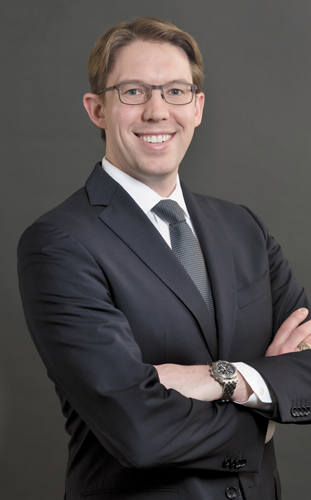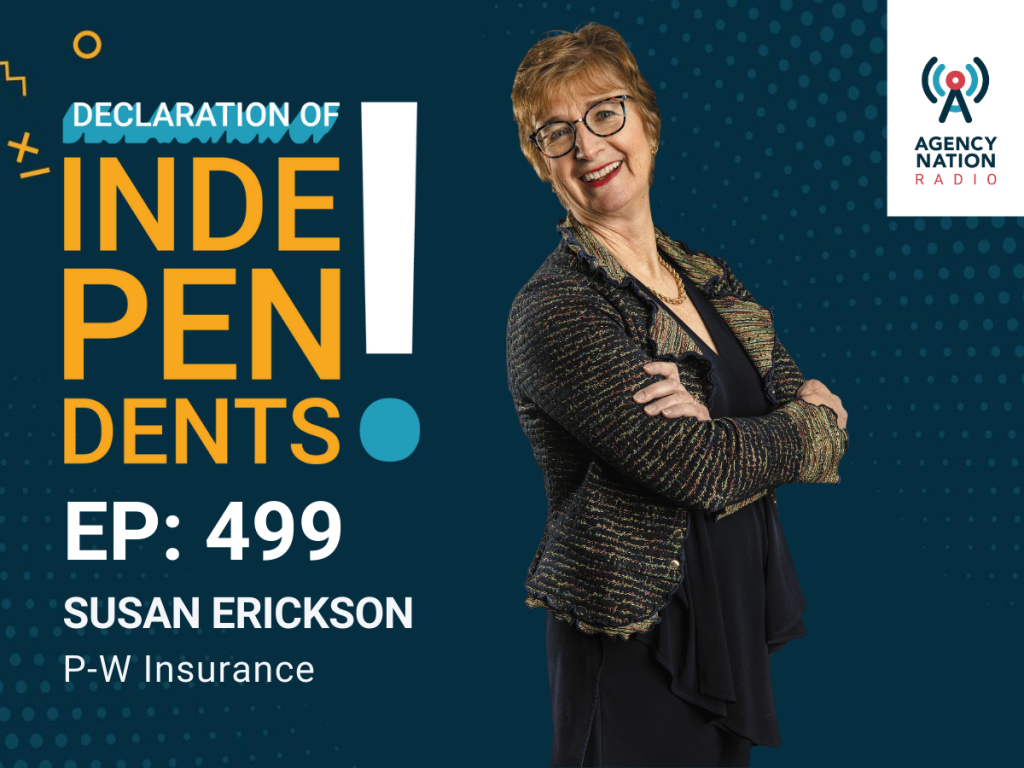Declaration of Independents: Jacob Eisenrich, M.D.

By: Katie Butler
Jacob Eisenrich, M.D.
Vice President
Weatherby Eisenrich
Andrews, Texas
After watching his grandfather make an impact on his community as a rural doctor, Jacob Eisenrich knew he wanted to pursue medicine as a career. But midway through his medical residency, he did a professional about-face and joined his family’s independent insurance agency instead.
INSURANCE OVER MEDICINE?
Until you’re a senior partner at 55, you’re taking calls on holidays. Once my daughter came along, I realized medicine wasn’t going to match the lifestyle I wanted. Also, medicine has become so specialized that you really end up taking care of a very small subset of a small part of the body, which makes your day to day pretty repetitive.
Our agency is mostly commercial property-casualty, so I get to work with hospitals, real estate, technology firms, nonprofits, oil and gas. I like how we serve such a breadth of exposures.
MAKING INSURANCE GLAMOROUS?
I read a survey that said more than 90% of practicing physicians are extremely dissatisfied with their jobs. But everybody still wants to go into medicine. In insurance, everyone seems to love their job. People have this dated misunderstanding of what an insurance agent does, but I think if they understood the value we provide to clients, the relationships we develop, and the lifestyle and financial opportunities, people would come flocking to work in the insurance industry.
CLIENT/PATIENT RELATIONSHIPS?
What’s ironic is I’ve been able to develop better relationships with insurance clients than I did with patients. Some of the ophthalmologists I’ve worked with would see 80 patients a day, so they would work that down to about a three- to five-minute patient encounter. I can spend two hours with a client if necessary and really get to know them, their business, and their hopes and dreams.
HOW DOES MEDICAL EXPERIENCE APPLY TO INSURANCE?
Medicine is the study of the interplay of lots of different systems—seeing how they work together and what tools you can use to influence those systems. That kind of thinking carries over well into business in general, and in insurance specifically, I go to a prospect or client and see all the systems they have in place and how they interact. You can then identify different risks or operational opportunities.
From a business management side, my medical experience is helpful in operations. I’ve been members of teams and I’ve also led teams through a whole range of scenarios—sometimes just to get basic daily tasks done, but also for extreme urgency team-based interventions.
Photo by Leo Wesson










